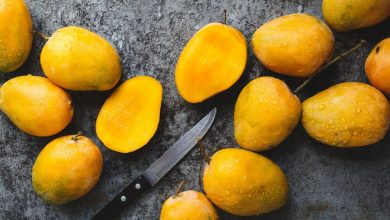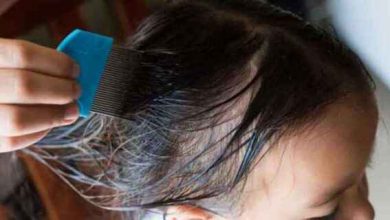Steps You Can Take to Reduce Exposure to PFAS in Drinking Water

Perfluoroalkyl and polyfluoroalkyl substances (PFAS) are a wide range of man-made compounds that don’t catch fire and don’t soak up oil, stains, grease, or water. They do not change or break down easily. Because of this, they are found in large numbers in the air, water, and soil. Experts are worried about what might happen to people’s health if there are a lot of PFAS in the environment and there are also PFAS Water Treatment available.
PFOA and PFOS were the two PFAS compounds that were used the most. As scientists have learned more about the effects of PFOA and PFOS, they have been replaced by GenX chemicals and PFBS. These newer substances may also hurt health.
PFAS Water Treatment is trying to stop using PFAS because it is impossible to avoid coming into contact with them. You can do simple things in the meantime to lower your risk.
How to cut down on PFAS in your drinking water
- Don’t use nonstick cookware: When PFAS-containing cookware is heated to high temperatures, it gives off dangerous fumes that can make people feel like they have the flu or even kill pet birds. Don’t be fooled by labels that say “PFOA-free.” This could mean that the PFOA has been replaced with another PFAS. Both stainless steel and cast iron are great materials for cooking tools.
- Are you unable to buy new cooking tools? Lessen the heat: Don’t put anything that doesn’t stick in an oven at or above 400 degrees Fahrenheit. Also, you should never use steel wool or other scraping cleaning tools on surfaces that don’t stick. Doing so could cause the coating to come off and get into your food or the environment.
- Pop your kernels: Even if you buy organic microwave popcorn, the coating on the bag may contain PFAS, which can get into your snack and escape when you open the bag. Buy loose popping corn instead and pop it on the stove. You can also microwave loose kernels in a bowl or paper bag with a lid.
- Bring your container: Out to eat? Bring your glass or metal container to take your leftovers home. You will get rid of PFAS in takeout containers and reduce the amount of trash. Also, eat less packaged foods that don’t soak up grease, like hamburgers, pastries, and french fries. Nearly half of the wrappers and pastry bags researchers looked at had PFAS.
- Don’t use dental floss that is coated with PFAS: Some dental flosses have PFAS, which could be a big way to expose them. Tests show that the following brands may have high levels of PFAS: Health Ease at CVS: Choose between Colgate Total Mint Dental Floss and SuperSlip Waxed Dental Floss. Before you buy something, look up “PFAS-free” on Google.
- Ask for untreated carpet: There aren’t many non-treated carpet options on the home market, but asking for alternatives that don’t contain PFAS can help show that people want safer products.
- Don’t use coatings that keep stains out: It is not worth the risk to use Scotchguard sprays or other coatings with PFAS to stop stains. When buying furniture, look for fabrics made of polyester or plastic that are stain-resistant or easy to clean, and choose darker colours. Instead of washing clothes in the dryer, you could vacuum them.
- Take a look at the label: Don’t use cosmetics, varnishes, or items containing PTFE or “perfluor.”
- Demand non-PFAS clothes and athletic equipment: Because PFAS are bad for the environment, you shouldn’t use them outside. Some companies are trying to change how they make their products to eliminate PFAS.
- Push for action to clean up the water: Many are working with water regulators to watch for PFAS in drinking water and with lawmakers to reduce using PFAS in products and businesses. Your efforts will help us be successful.
Conclusion
Studies show that the benefits of nursing outweigh the risks for newborns exposed to PFAS in breast milk. PFAS can get into a baby’s body through breast milk. You should talk to a doctor if you are worried about PFAS and breastfeeding. In the end, Membrane Systems Australia is relentless in pursuing a PFAS-free future via PFAS treatment.






